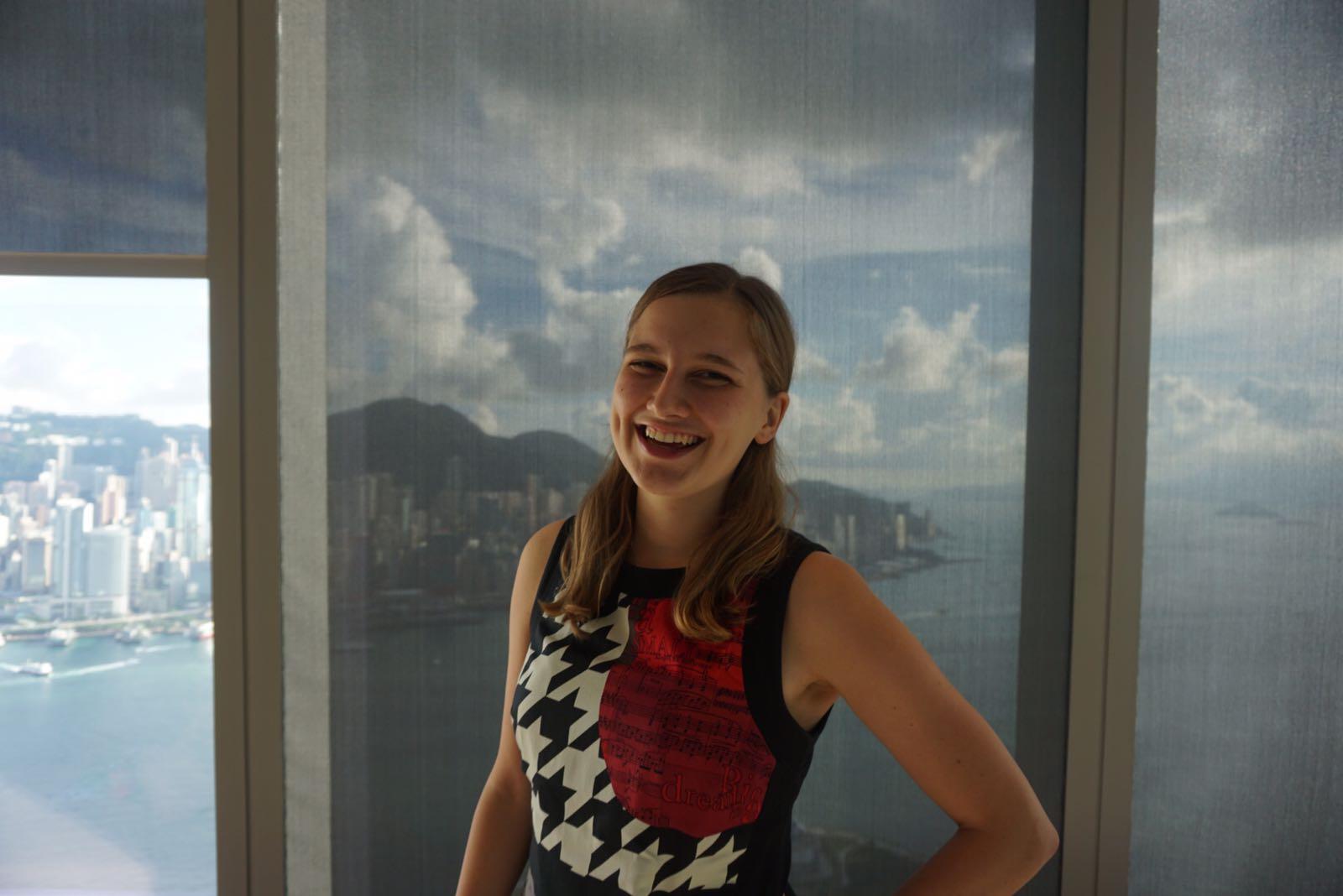The science of flavour: why food researchers are interested in machine learning

Eveline van Honk, PhD Candidate
Story written by Dr Sarah Keenihan, AIML
Freshly ground coffee. Ripe raspberries warmed in the sun. Crispy bacon. Aged red wine.
What is it about some foods and drinks that make them so irresistible?
Fundamentally, it’s chemistry.
But there’s more to it than just that – dining is a complex human experience. Molecules in meals and beverages interact with receptors in our noses, mouths, on our tongues and in our upper airways and gut to create a response in our brains.
PhD candidate Eveline van Honk wants to apply artificial intelligence (AI) and machine learning to drill down into the science of flavour.
She is part of a joint postgraduate program between the University of Adelaide and University of Nottingham UK, and will work with Professor Ian Fisk, Assistant Professor Ni Yang and Associate Professor Nicholas Watson in the UK, and experts in the School of Agriculture, Food and Wine (Associate Professor Sue Bastian) and the Australian Institute for Machine Learning (Dr Lingqiao Liu) in Australia.
“In food science, consumer experience is the most important factor, but using traditional approaches to measure this is laborious, time consuming and expensive,” van Honk says.
“Machine learning is a new approach that can help us get the most out of our data.”
Machine learning is a form of AI that works with large data sets to make predictions – in this case, what foods and drinks might taste like based on their chemical characteristics.
“If machine learning can be applied to predict sensory attributes and consumer perception of different foods, then future product development and formulation could be accelerated, and resources saved,” van Honk explains.
Van Honk has started her research in Nottingham, and hopes to travel to South Australia in the near future.
Currently on secondment at the University of Adelaide, van Honk’s research co-supervisor Fisk runs the Food Flavour group at the University of Nottingham.
“We’re interested in replicating the way that humans taste foods,” Fisk says.
“That experience is about smell, it’s about taste, it’s about texture – lots of different attributes come together to shape our experience of food and drink.”
Fisk said if they can develop technology that pulls all of those experiences together, then in the future they may be able to predict what new food and drink products smell and taste like, and tailor food chemistry to match human preferences – for example in coffee or wine.
“We think AI and machine learning are going to be vital in developing this capability,” says Fisk.
For more information about jointly awarded PhD opportunities through the University of Adelaide, including with the University of Nottingham, please follow this link.
